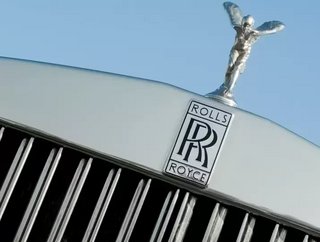Rolls-Royce launches pathway to net-zero economy

Rolls-Royce has set out its actions to achieve net-zero by 2050, at the latest.
The company is focused on producing the technology breakthroughs that society needs to decarbonise and to utilise the economic opportunity of the transition to net-zero. Rolls-Royce is headquartered in Sussex, UK, and has a revenue of £705m.
By 2023, all in-production civil aero engines are to be proven compatible with 100% sustainable aviation fuels, contributing to the UN Race to Zero goal for sustainable aviation.
Rolls-Royce decarbonisation strategies and technology
The Rolls-Royce strategy for decarbonisation has threepillars:
- To eliminate emissions from operations by 2030. The production site in Bristol, UK, is set to be the first Rolls-Royce facility to achieve net-zero carbon status, in 2022.
- In the decarbonising complex, products will be used in a way that is compatible with net-zero and pioneering new breakthrough technology that can accelerate the global transition to net-zero. New low or zero emission products will be introduced, including fuel cells, microgrids, hybrid-electric and all-electric technologies.
- Rolls-Royce will advocate for policy support to achieve these ambitions.
The technological innovations of Rolls-Royce
Rolls-Royce is advancing and selling microgrids, complete with its own battery storage solutions, to help expand the use of renewable energy across remote communities and the energy-intensive digital economy.
The company is also exploring the introduction of fuel cells, to provide clean power for industrial vehicles and processes.
Furthermore, Rolls-Royce will begin testing hydrogen fuel cell modules at its Power Systems facility in Germany and plan to have integrated 2MW of hydrogen fuel cells into operational microgrid demonstrators by 2023.
The Rolls-Royce decarbonisation strategy aims to ensure that the company is not only compatible with, but actively enabling, a net-zero future.






